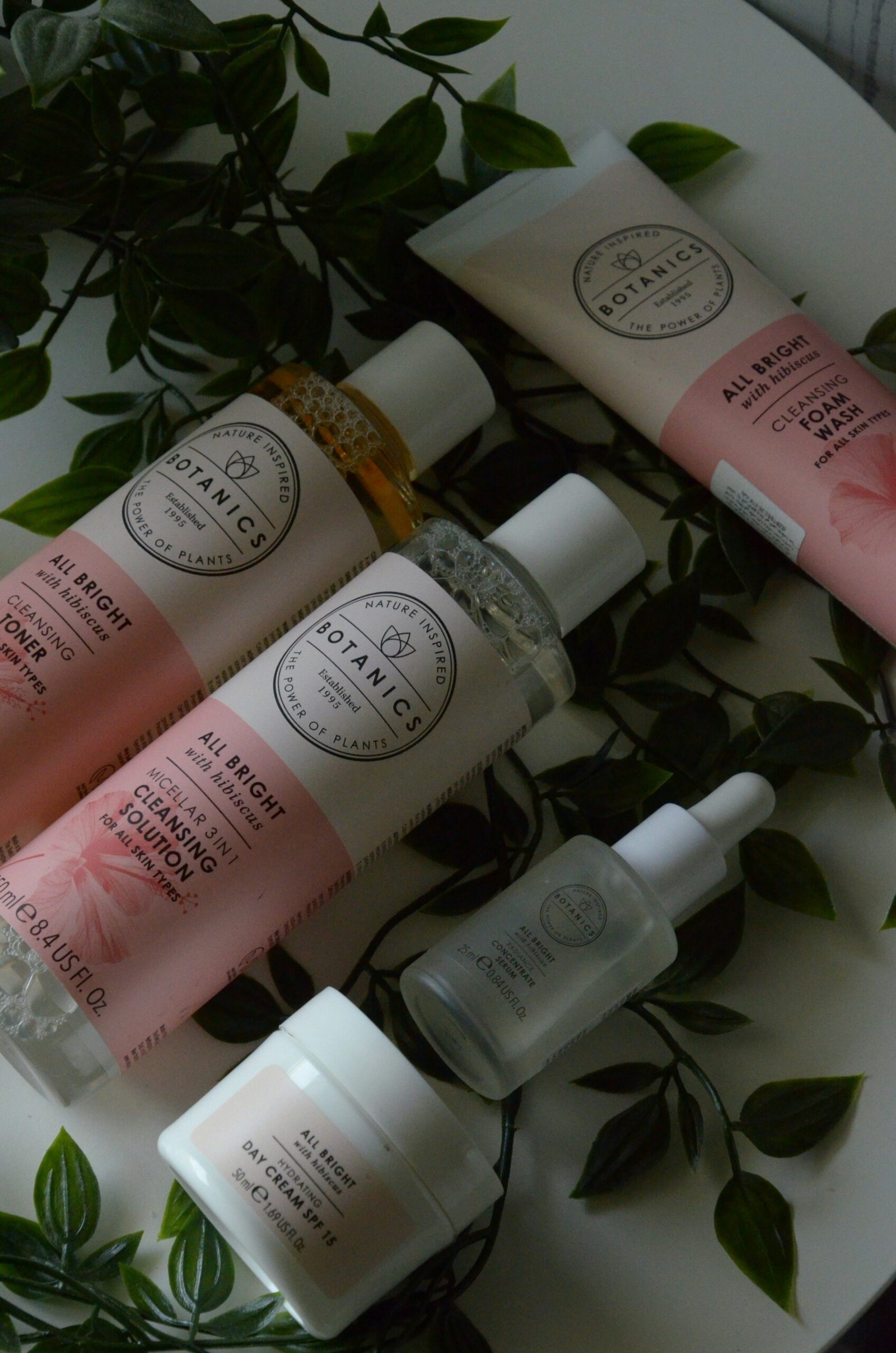
Understanding Micellar Water
Micellar water is a versatile skincare product celebrated for its gentle yet effective cleansing properties. Its unique formulation consists of tiny spherical molecules called micelles, suspended in soft water. Micelles act like magnets that attract dirt, oil, impurities, and makeup from the skin’s surface, ensuring a thorough yet gentle cleanse without the need for harsh chemicals or vigorous scrubbing.
The composition of micellar water typically includes purified water, mild surfactants, and often, added skincare ingredients like glycerin or botanical extracts. This formulation not only cleanses but also hydrates the skin, making it especially advantageous for those with sensitive skin or those who prefer a lighter cleansing option. Its ability to effectively remove makeup and impurities while maintaining the skin’s natural moisture balance is a key reason for its growing popularity.
One of the significant benefits of using micellar water is its compatibility with various skin types. Whether one has oily, dry, or combination skin, micellar water offers a gentle cleansing experience without disrupting the skin’s barrier. Furthermore, its soothing properties make it a suitable choice for individuals with sensitive or reactive skin conditions.
To properly incorporate micellar water into a skincare routine, one should apply it to a cotton pad and swipe it across the face, eyes, and neck. There is no need to rinse after use, which adds to its convenience. For optimal results, it can be used both in the morning and evening, helping to ensure the skin remains clean and hydrated throughout the day. This ease of use further underscores micellar water’s appeal as a staple in modern skincare routines.
Exploring Toners
Toners are an essential part of many skincare routines, functioning primarily as a post-cleansing product aimed at enhancing the health and appearance of the skin. Typically used after cleansing and before moisturizing, toners help to restore the skin’s natural pH balance. These formulations can take various forms, with differing ingredients tailored to meet specific skin concerns.
There are several types of toners available on the market today, each designed to cater to a range of skin types and issues. Hydrating toners often contain ingredients such as glycerin or hyaluronic acid, which help to attract moisture to the skin and maintain hydration levels. These are ideal for individuals with dry or sensitive skin. On the other hand, exfoliating toners contain acids like glycolic or salicylic acid. These toners aid in removing dead skin cells and promoting cell turnover, making them suitable for those with dull or uneven skin texture. Finally, astringent toners are typically formulated with higher alcohol content and are often used to target oily or acne-prone skin, as they help to tighten pores and reduce excess oil production.
The benefits of incorporating a toner into your routine are numerous. In addition to balancing the skin’s pH, toners assist in removing any residual impurities that might remain after cleansing, thereby providing a deeper clean. Furthermore, they prepare the skin for subsequent skincare products, such as serums or moisturizers, enhancing their efficacy. Choosing the right toner requires an understanding of individual skin concerns; for example, those with sensitive skin should opt for alcohol-free, calming formulations, while individuals with oily skin could benefit from more exfoliating properties.
Key Differences Between Micellar Water and Toner
When choosing between micellar water and toner for your skincare routine, understanding the fundamental differences between these two products is essential. Micellar water is a cleansing product composed of micelles—tiny cleansing molecules that are effective at removing makeup, dirt, and excess oil from the skin. Its primary purpose is to cleanse and refresh the skin without the need for rinsing, making it a convenient option for those on the go. In contrast, toner is typically used after cleansing to further remove any residual impurities and to prep the skin for subsequent skincare products.
One significant difference lies in their formulations. Micellar water generally has a gentle, minimalist composition and is often suitable for various skin types, including sensitive skin. Toners, however, can vary widely in their ingredients, incorporating a range of active components, such as acids for exfoliation, hydrating agents, or antioxidants, to address specific skin concerns. This variation can enhance the effectiveness of a toner in treating issues such as hyperpigmentation, acne, or enlarged pores, depending on the chosen formulation.
In terms of hydration, micellar water provides a mild level of moisture while cleansing, whereas toners are specifically designed to help maintain hydration and balance the skin’s pH levels. Additionally, while micellar water excels at makeup removal, toner serves more as a preparatory step, ensuring that the skin is thoroughly cleansed and primed for serums and moisturizers.
In summary, while both products can be beneficial, the choice between micellar water and toner depends largely on individual skincare needs. Micellar water is ideal for quick cleansing, whereas toner caters to those seeking targeted treatment or additional hydration. Understanding their distinctions can empower users to optimize their skincare routines effectively.
Choosing the Right Product for Your Skin
When it comes to selecting between micellar water and toner, understanding your skin type and specific concerns is crucial. Both products serve unique purposes, and the effectiveness of one over the other can vary greatly depending on individual needs. Micellar water is known for its gentle cleansing properties, making it an excellent choice for those with sensitive or reactive skin. This product effectively removes impurities without the need for rinsing, thus minimizing irritation. It is particularly beneficial for individuals looking for a quick and efficient way to freshen up their skin throughout the day.
On the other hand, toners offer additional benefits that can target specific skin issues. For instance, if you struggle with acne or oily skin, an alcohol-free toner that contains ingredients like witch hazel or tea tree oil may be more suitable. These components help to minimize the appearance of pores and reduce shine, thereby promoting a clearer complexion. Conversely, those with dry or dehydrated skin may benefit from hydrating toners infused with glycerin or rose water, which can restore moisture after cleansing.
Before purchasing, consider integrating products from reputable sources such as arganit.com or kenzadi.com, which offer a variety of options tailored for diverse skin types. Review the ingredient list to ensure you’re not introducing any potential irritants into your routine. For an effective skincare regimen, it may be advantageous to start with micellar water for cleansing, followed by a toner to refine and prepare your skin for subsequent treatments. This layering approach can maximize the benefits of both products.
In conclusion, selecting the right product for your skincare routine hinges on a comprehensive assessment of your skin’s unique characteristics and requirements. By taking the time to evaluate your skin type and considering expert recommendations, you can make an informed decision that enhances your skincare results effectively.

